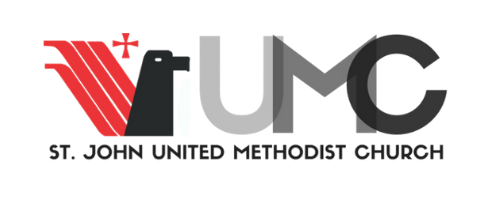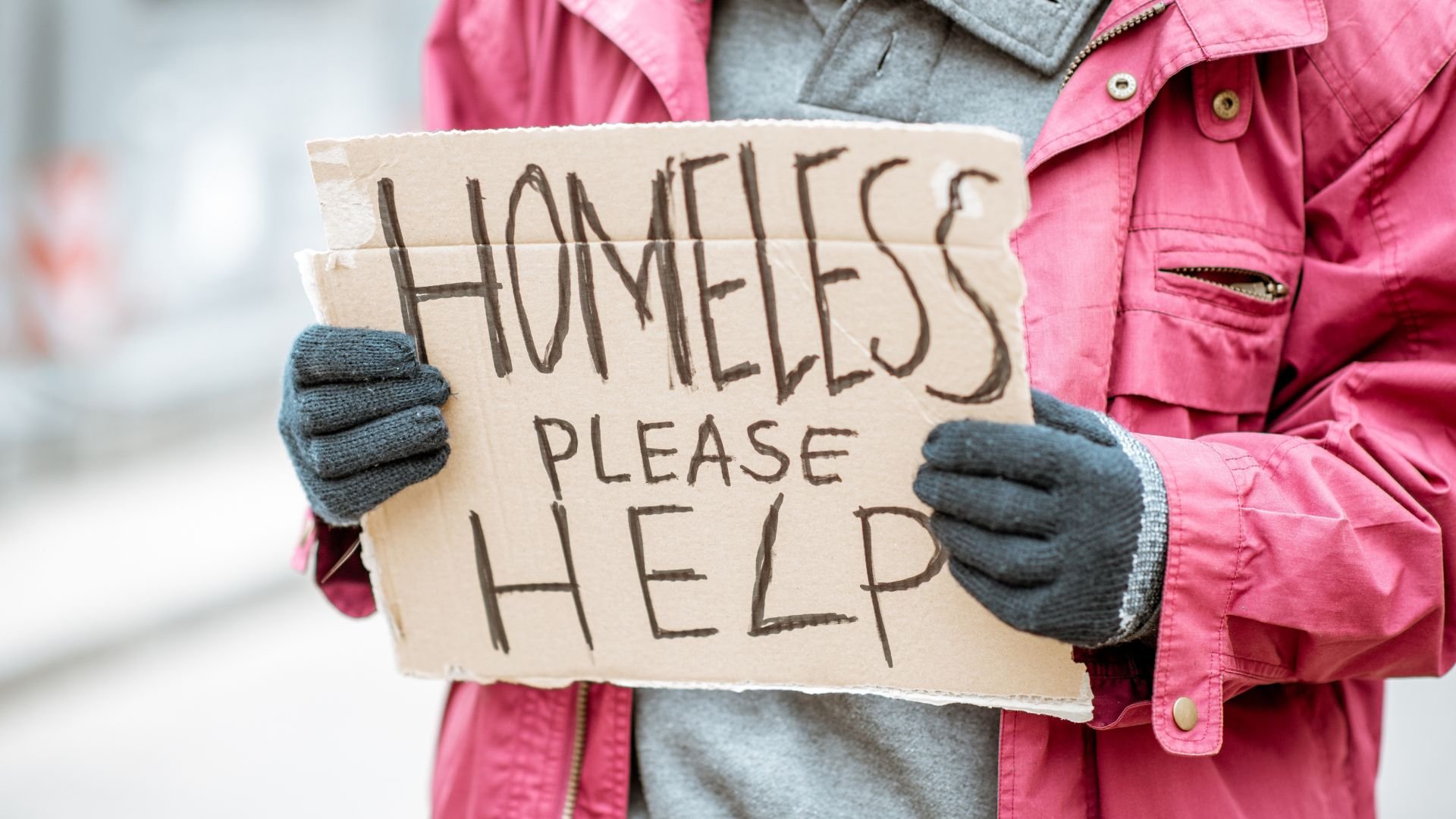By Lonnie Brooks
Lonnie Brooks, a member of St. John and a lay reserve delegate to the General Conference, is offering his insights on daily sessions.
Day 2:
Today's opening plenary session of the United Methodist General Conference was mostly an opening worship session that featured a sermon by the President of the Council of Bishops, Tom Bickerton, followed by a series of presentations from some of the committees that are there to keep the process flowing before, during, and after the Conference.
The one business of substance that was conducted was the adoption of the rules of procedure as they were presented by the Rules Committee. There were a few amendments suggested, which by the process previously adopted, are sent to the rules committee for consideration and report and recommendation back to the Conference within 24 hours. So, I think it's fair to say that the rules report was adopted provisionally, depending on what action follows when the Committee reports on the referrals it received.
The thing on which I want to focus, however, was what was reported immediately prior to the rules report.
Kim Simpson, the Chair of the Commission on the General Conference, the body that plans the General Conference, gave her report, and the section of it of most concern to me, and to many others, came packed with numbers. The numbers came fast and furious. No part of the report was accompanied by a written document, and nothing was visually projected so that a listener/watcher could closely follow.
But one thing I did catch was that Kim said that the attendance was 751 out of 862, meaning 87%. She said that was way down from previous General Conferences, but she didn't give us the figures for attendance of delegates from Africa. She did give figures for Central Conferences as a group, but the numbers came too fast for me to record them.
However, using the data we've got, we can make some estimates, and they're not very good or encouraging. This is not higher math, so I hope you'll follow me; it's important!
Of the 862 total delegates, 111 are absent. I know from a contact I have with the delegation from the Philippines that only 1 member of that delegation didn't show. We can be reasonably sure that there were few, if any, absentees from the United States--none because of visa issues. Likewise, though there might have been a few Europeans who had troubles, absenteeism there would have been few. Even if nobody came from Europe, that would have been 40 absentees. So, most of the absences were among the delegations from Africa. If 75% of the absentees were African, that means that 83 of them weren't able to attend, and with 278 authorized African delegates, 30% were absent by this reckoning.
That 30% is, in my judgment, a low end possibility, given what we know and I was able to capture from the data presented. It could be as high as 40%, depending on how close my 75% number is to the portion of absenteeism to attribute to Africa.
As I said in the lead up to this General Conference, the issue, at that time theoretical, in reality becomes whether or not decisions made under these circumstances can be considered to be the legitimate voice of the people called United Methodist. If 30 to 40% of one distinct group of United Methodists has been excluded from the process, does the process maintain integrity and credibility?




